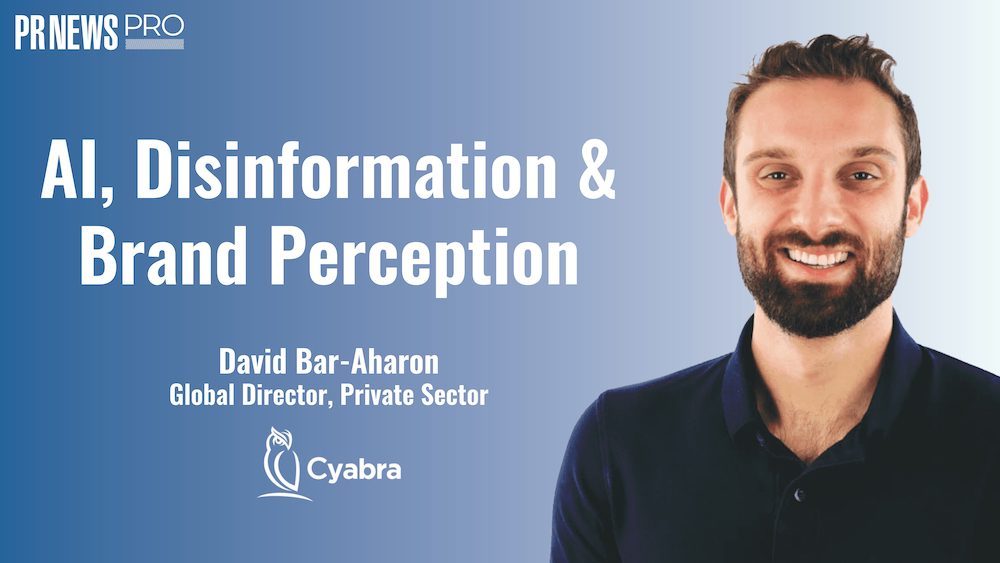The Federal Trade Commission is considering using publicity to dissuade advertisers from using adware and spyware programs that install software serving pop-up ads on users’ browsers automatically.
FTC Commissioner Jonathan Leibowitz alluded to the possibility of shaming advertisers into phasing out adware during a keynote address at an anti-spyware/adware workshop sponsored by industry groups advocating software security and privacy protection. According to Leibowitz, he is considering proposing to the full commission that the agency start keeping a list of all companies known to advertise through adware.
“A little shaming here might go a long way,” Leibowitz told the Anti-Spyware Coalition and the Center for Democracy and Technology, according to press reports. “I think that could have a beneficial effect. In this context, maybe shaming a company on how they are spending money might inure to the benefit of consumers’ privacy.”
The FTC has brought numerous lawsuits—some still pending—against spyware and adware makers; the effort to eradicate the problem by publicizing adware clients would be a departure.
While adware does not pose a direct risk to user privacy in the way that spyware software does, its broader reach can make it harder regulate. “Nuisance adware invariably affects millions, and in the aggregate, the harm can be enormous,” Leibowitz told the audience.
Meanwhile FTC chairman Deborah Platt Majoras told workshop attendees that her agency will continue to fight illicit software downloads.
“Spyware is fast overtaking spam as consumers’ top online concern,” she said. “Spyware represents new challenges in detection, apprehension and enforcement. The dissemination of harmful, unremovable programs that frustrate consumers’ ability to control their own computers is digital carjacking, and we intend to vigorously prosecute it.”
Majoras also announced the FTC will hold hearings on emerging Internet technologies and the threats they may pose to consumer privacy and security.
“A decade has passed since the FTC held hearings to identify significant consumer protection issues associated with new technologies,” she said. “It is again time to look ahead and examine the next generation of issues to emerge in our high-tech global marketplace.”
Those autumn hearings will feature testimony from leaders in business, technology, universities and law enforcement and may consider the problem of spyware, along with questions raised by spam, identity theft and radio frequency identification, which uses computer chips to track the movement of goods.
 Network
Network

